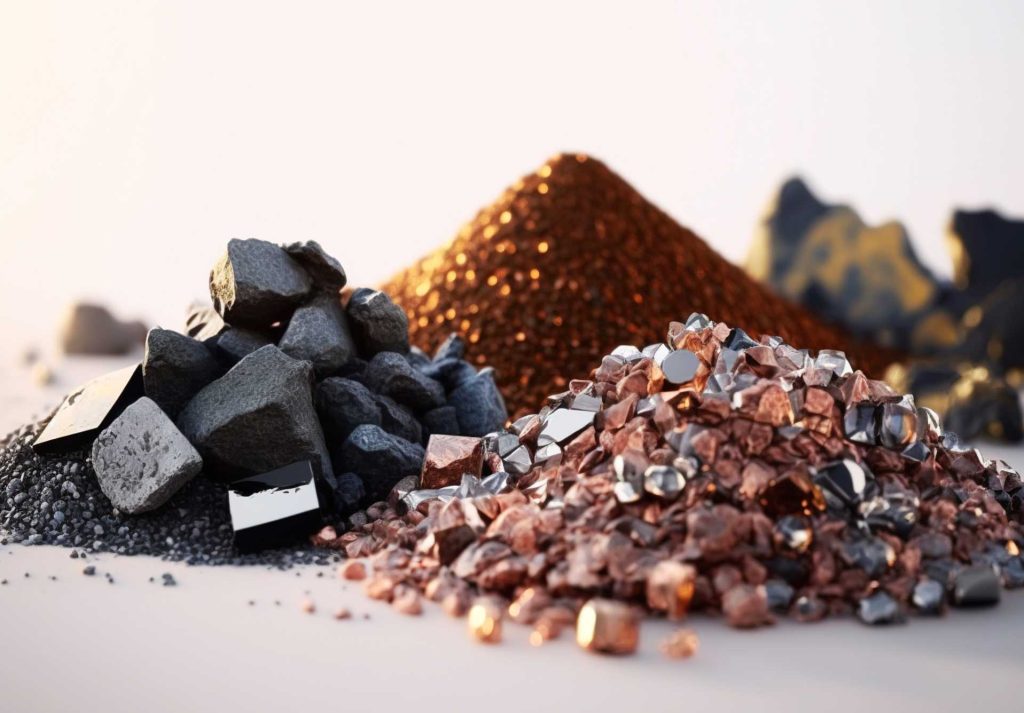UK and European businesses need to urgently derisk their supplies of rare earth metals following new Chinese restrictions on their exports. The heavy rare earth metals which are now restricted, are pivotal for the automotive industry, wind turbines, electronics, healthcare and the defence industry.
Sacheev Hanoomanjee, Managing Director at Inverto, explained: “The UK is a centre of advanced manufacturing which makes it a heavy user of components that need an uninterrupted supply of rare earth metals.”
“However, many businesses lack the transparency in their supply chain who is supplying their rare earth elements (REE) and therefore, have no idea whether that supplier is at risk of export restrictions from China.”
“The focus at the moment is understanding your complete supply chain – where in your supply chain are rare earth metals being used and are any of those purchasers of rare earth metals ‘at risk’ businesses.”
“For example, if you are purchasing components from a manufacturer in the US then that might be considered an ‘at risk’ supplier.”
“Businesses are also worried by the disruption and price increases that could occur as a large number of businesses all try to stockpile REE.”
“The administrative process required to apply for the new licenses in China could last from a few weeks to a few months. Making sure that you have enough stocks to tide you through that period is an imperative. Ideally corporates are trying to stockpile the relevant components for several months.”
Sacheev also said that over the medium-term businesses should explore how they use REE. Long lead times on R&D mean that it is difficult to find suitable replacements but businesses can consider sustainable measures to reduce raw material consumption.
Following restrictions placed on the export of rare earth metals from China to Japan in 2009, Japan went through a process of developing technologies that reduced their dependence on rare earth metals such as improved recycling. That reduced Japan’s dependence on China’s rare earth metals from 90% in 2009 to 60% in 2023 (Institute of Energy Economics, Japan).
A December analysis of rare earth metals into the EU by the European Commission found that 39% were from China, 22% from Russia and 33% from Malaysia. However, for some individual rare earth metals 100% of the imports were from China. 90% of rare earth magnets are produced by China.
Sacheev added that China started its series of export bans on REE in Summer 2023 with a ban on Gallium and Germanium, other materials following in 2024.
For more articles like this, visit our Leadership channel.


